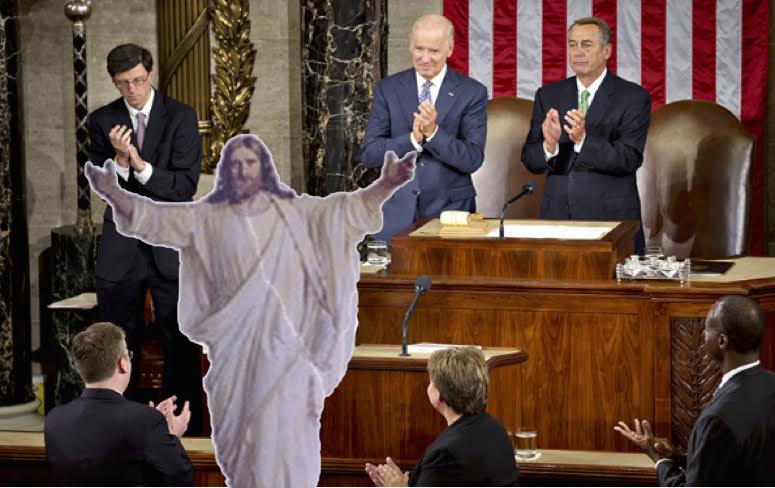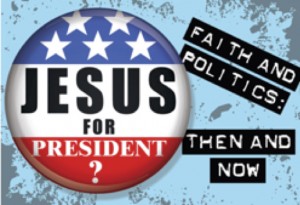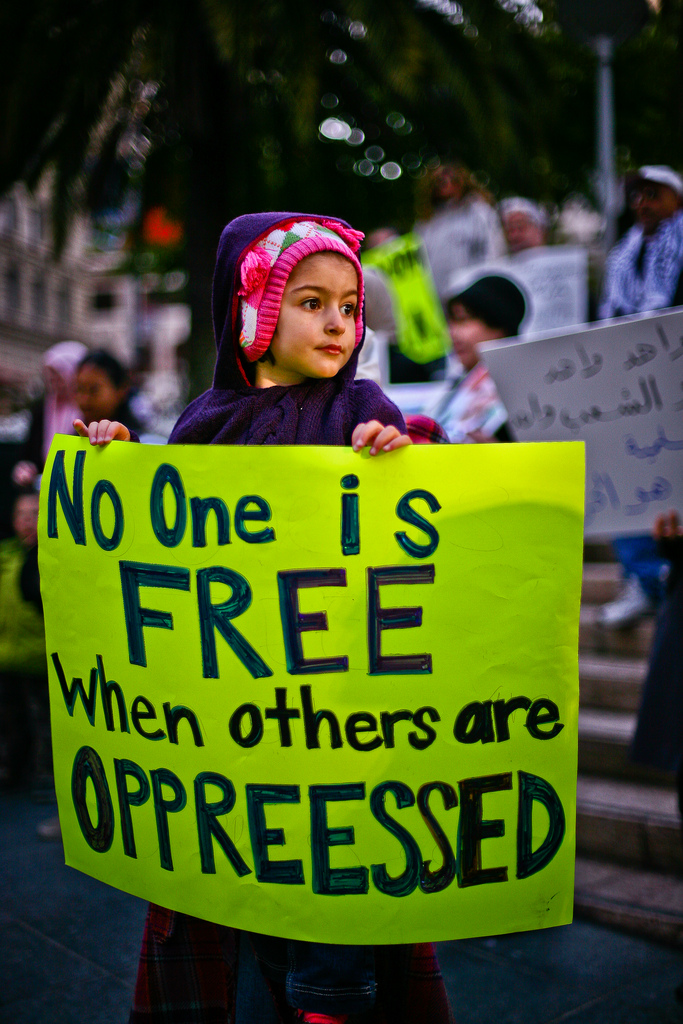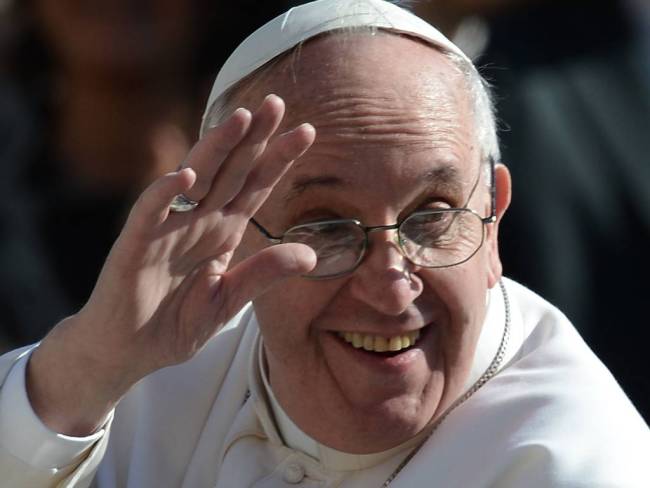“Salvation” is often a dirty word in progressive Christian circles, but when abandoned, it leaves a void for others to fill. Instead, we need to boldly reclaim it. In American culture, its dominant usage revolves around the phrase “being saved.” Left assumed and implicit is the “from what” we are being saved: hell. Yet for those of us who dismiss a literal hell of fire and torment, we rarely replace what we are being saved from. Talking about salvation feels irrelevant if you dismiss the problem it was meant to solve and replace it with nothing.
Second in a Series exploring the relationship between one’s theological framework and political viewpoint …
Earlier this year the Prime Minister of Israel addressed a joint session of Congress. Last week, Pope Francis did the same. Many believed the former had a political ax to grind, and the latter a pastoral message with political points to preach. For many modern day Christians, Francis embodies many of the teachings and much of the life-style of the Galilean sage. Unless one believes in the highly speculative Second Coming, Jesus will likely never be invited by the Speaker of the House of Representatives to follow Benjamin and Francis, addressing our political leaders. But if we were to draw from the earliest available records of his theological – if not political – perspective, what might Jesus have to say to our elected government officials? Read more.
First in a Series exploring the relationship between one’s theological framework, religious practice and political viewpoint …
Jesus, a cleric and a politician walk into a bar … If that sounds like the beginning of a bad joke, consider the 3-ring circus of political debates and punditry already well underway 14 months before our next national presidential election. It is infused with religiously-motivated rhetoric that expresses itself in political terms. “How we think about religion -- even if we are skeptics or atheists -- will spell itself out in how we think about society,” observes philosophy professor, David Galston. “In other words, our theology and politics are inextricably linked. The difference of course is that politicians get to enact their thinking as policy.” If that is the case, should one consider a candidate’s religious bent when assessing the way they might make their political decisions? Absolutely! You can read more here.
We know what to do. The Universal Declaration of Human Rights begins: “Whereas the peoples of the United Nations have in the Charter reaffirmed their faith in fundamental human rights, in the dignity and worth of the human person and in the equal rights of men and women and have determined to promote social progress and better standards of life in larger freedom.” Unitarian Universalists claim the “inherent worth and dignity of all humanity.” Christians claim the Apostle Paul’s ecstatic revelation that “You are no longer Jew or Greek, no longer slave or freeborn, no longer ‘male and female.’ Instead you all have the same status in the service of God’s anointed Jesus.” Leviticus 19:18 says, “Love your neighbor as yourself.” Jesus said, “Love your enemies.”
“LAUDATO SI’, mi’ Signore” – “Praise be to you, my Lord”. In the words of this beautiful canticle, Saint Francis of Assisi reminds us that our common home is like a sister with whom we share our life and a beautiful mother who opens her arms to embrace us. “Praise be to you, my Lord, through our Sister, Mother Earth, who sustains and governs us, and who produces various fruit with colored flowers and herbs”.













